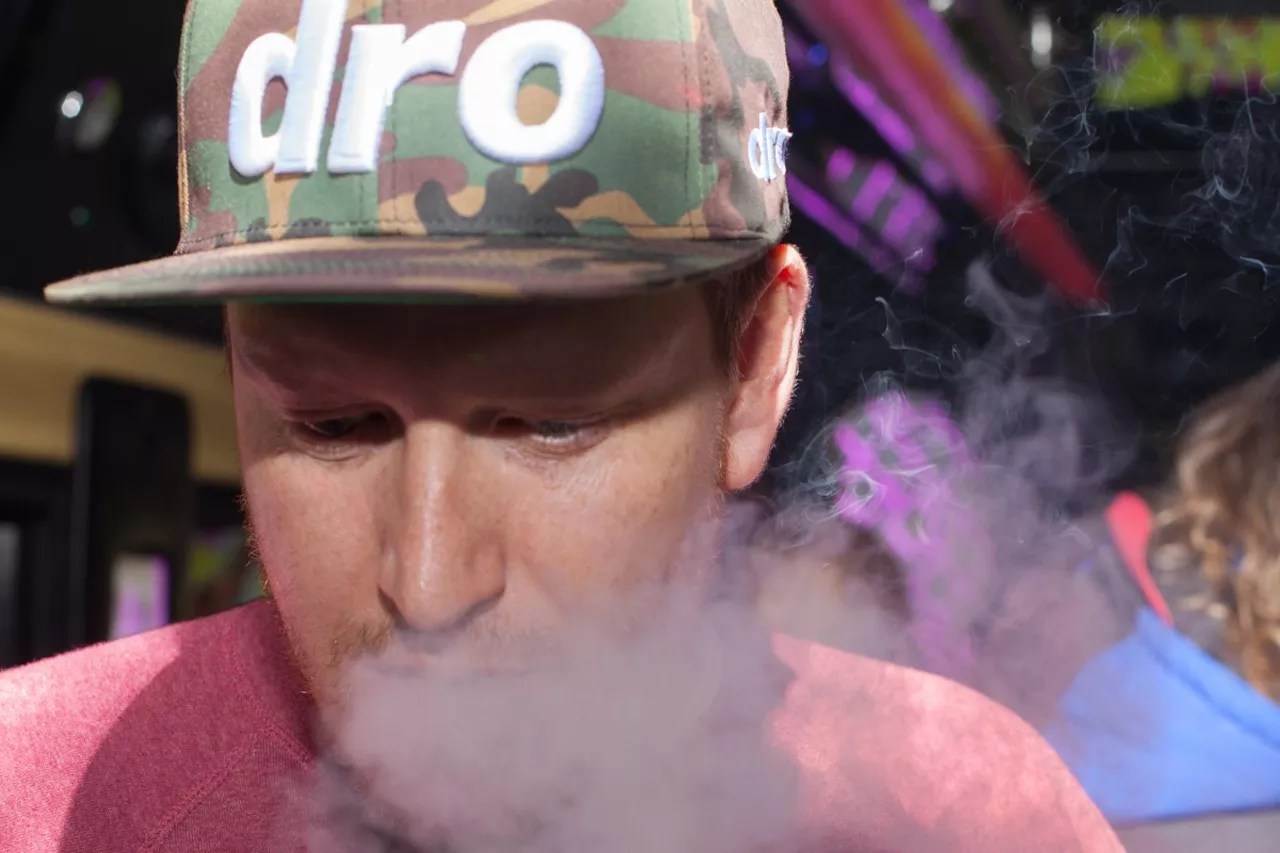
Westword

Audio By Carbonatix
Dear Stoner: I’m a regular cannabis user, and don’t feel like I get “high” when smoking a joint. How many puffs can I take before I go driving over the limit?
Timber
Dear Timber: Can’t play with lava and not get burned, my friend. Not in the law’s eyes, at least. In Canada, as well as Colorado and several other states where cannabis is legal, driving with anything more than 5 nanograms of THC per milliliter of blood is considered enough for a cannabis DUI, but even state lawmakers and transportation officials admit that limit is bullshit and doesn’t properly indicate impairment.
Accurately measuring cannabis intoxication with a single test doesn’t work the same way it does with alcohol, as regular users can have high levels of THC in their blood for hours or days after not using, while occasional users who’ve consumed within the last several hours might have lower levels of THC despite drooling like an extra in The Walking Dead. That means that regular cannabis users such as yourself (or myself) could be at risk of a weed DUI any time we start a car, whether we’ve consumed that day or not. Medical marijuana patients have fought this in court successfully after being charged with a DUI…but that doesn’t sound very fun, does it? Now I bike a lot.

Accurately measuring cannabis intoxication with a single test doesn
Jacqueline Collins
Canada, the first major country to legalize cannabis federally, is facing this more directly but hasn’t figured it out, either. “If you look at the concentration of THC in the blood from the experimental studies, there is no amount of cannabis that you can smoke that will not at some point put you over the legal limit,” Canadian substance researcher and government adviser Doug Beirness told the Canadian National Post. “Maybe only for a brief period of time, but it will get you over that level.” For the moment, substance-abuse experts recommend a mixture of eye, saliva and cognitive roadside testing when authorities are trying to detect cannabis impairment, but most governments still prefer the blood-testing route.
Some cannabis users don’t feel like they’re worse drivers after they get high, and even claim to be better at it because they’re more alert. However, research shows that being stoned can acutely impair driving-related skills and cognitive functions, and cops don’t give a shit about your high-driving theories. Still, it’s hard to tell someone who smokes weed every night but is completely sober in the morning that they can’t drive to work. Drive slow, homie.
Send questions to marijuana@westword.com.